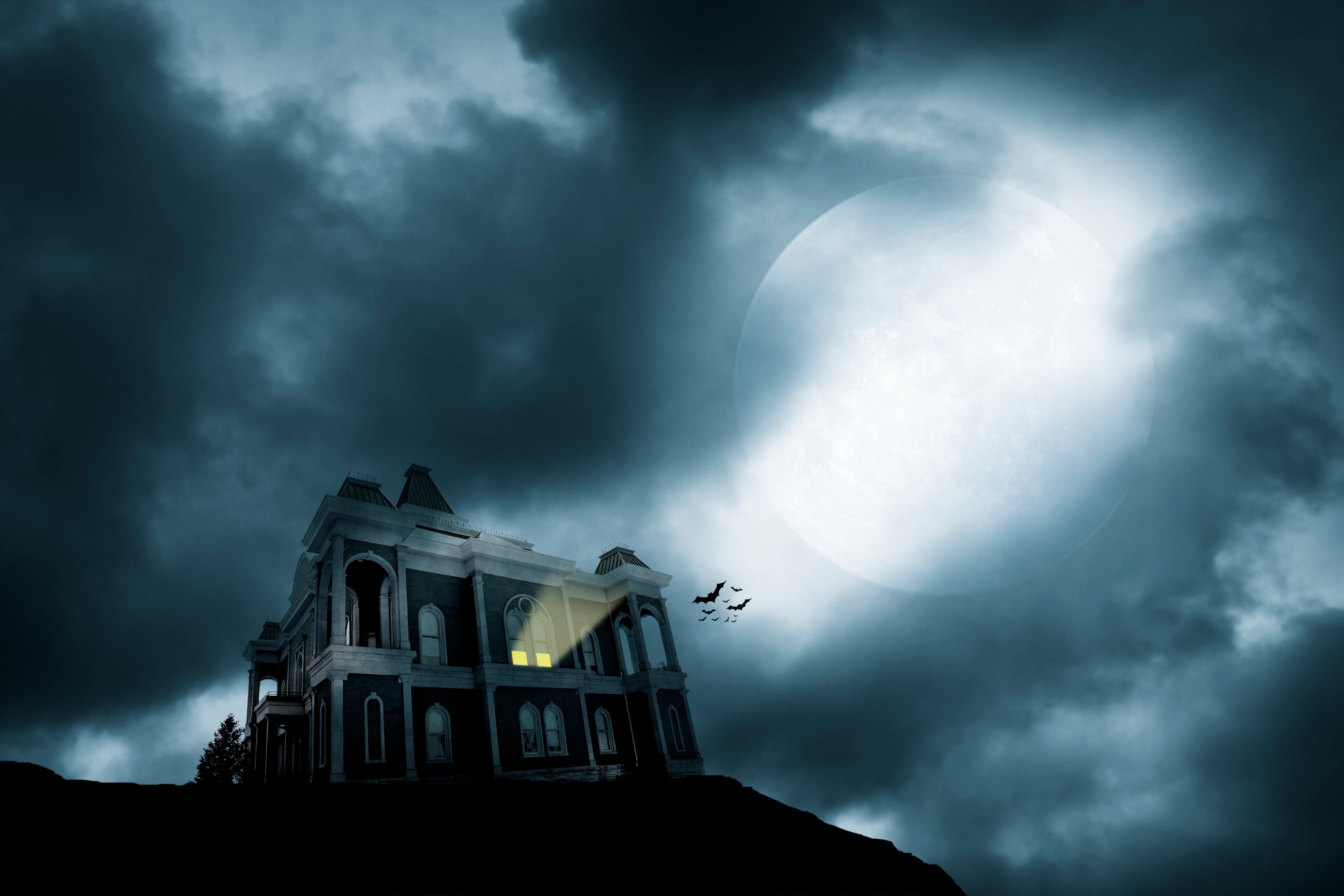Selling a Haunted House? Cooley Legal Experts Give Advice on Scary Business

It’s that time of year. October 31st is hiding around the corner. Halloween and haunted houses. Both scary business. Cooley Law School Professors give practical advice to home owners with chilling concerns for more than just one day out of the year. This blog originally posted on October 26, 2016.
 Professor Renalia DuBose had this to say. “Depending on how much the seller thinks the home is haunted and the more an individual has publicly spoke about the haunted activities dictates what needs to be disclosed. If it is just some inkling, one would not have to disclose it being haunted. Disclosures vary by the level of certainty of the owner. The more likely an individual thinks a home is haunted, the more likely a disclosure is expected.”
Professor Renalia DuBose had this to say. “Depending on how much the seller thinks the home is haunted and the more an individual has publicly spoke about the haunted activities dictates what needs to be disclosed. If it is just some inkling, one would not have to disclose it being haunted. Disclosures vary by the level of certainty of the owner. The more likely an individual thinks a home is haunted, the more likely a disclosure is expected.”
 Professor Chris Hastings adds that “Under the common law, the familiar rule is “caveat emptor,” which is Latin for “buyer beware,” but many inroads are being made upon that rule, by consumer protection statutes, real estate disclosure laws, and evolution of common law doctrine. Perhaps the new rule is “non-discloser beware,” or “keep secrets at your own risk.” As you can see, selling a home can be more than just scary business – especially if you think your home is haunted.
Professor Chris Hastings adds that “Under the common law, the familiar rule is “caveat emptor,” which is Latin for “buyer beware,” but many inroads are being made upon that rule, by consumer protection statutes, real estate disclosure laws, and evolution of common law doctrine. Perhaps the new rule is “non-discloser beware,” or “keep secrets at your own risk.” As you can see, selling a home can be more than just scary business – especially if you think your home is haunted.
 Professor David Tarrien advises that "The key thing as a home seller is that you disclose ANYTHING that is not readily visible and you think may affect the value of your house. This can range from the fairly common, like leaks or potential flooding in the basement to the more exotic and downright strange (like a perception that the house is haunted, or that your neighbors are really noisy). If you don't disclose, and the buyers discover that, they may be able to back out of the deal. Better to be safe than sorry -- otherwise, you may not have a ghost of a chance of making it to closing!"
Professor David Tarrien advises that "The key thing as a home seller is that you disclose ANYTHING that is not readily visible and you think may affect the value of your house. This can range from the fairly common, like leaks or potential flooding in the basement to the more exotic and downright strange (like a perception that the house is haunted, or that your neighbors are really noisy). If you don't disclose, and the buyers discover that, they may be able to back out of the deal. Better to be safe than sorry -- otherwise, you may not have a ghost of a chance of making it to closing!"
More eerie questions
The case of Stambovsky v. Ackley covers the disclosures of paranormal activity during the sale of a home. For instance, there is a law in Louisiana that requires individuals to disclose whether their house has a reputation of being haunted. Other cases actually cause people to disclose that a house ISN’T haunted as a marketing tool, stated former Cooley Professor Christopher Trudeau.
Under Stambovsky, when a homeowner tells others their home is haunted, they would have to disclose this information. If a home has a reputation, or is known as a haunted house, it will need to be disclosed. The house in the Stambovskycase had both the reputation and the media coverage about it being haunted to require that it be disclosed.”
Let’s say you believe your home is haunted and you want to sell it, do you have to tell a prospective buyer?
This is different by state or even local ordinance. In most places a home seller would not need to disclose their home is haunted. Various states have stigma statutes, such as, if there was a murder or a person died in the home with HIV. These are not required to be disclosed. It protects the homeowner from having to disclose such things.
Under Stambovsky, would you only have to disclose this information if you’ve previously told others the house is haunted?
Yes, one would have to disclose this information. If a home has a reputation or is known as haunted it will need to be disclosed. The house in Stambovsky had the reputation and has had media coverage about it being haunted.
What about psychologically affected properties?
This will differ by state, but under Stambovsky it depends on what others know and do not know. It would be a positive thing to disclose under good faith.
Would any belief that a home is haunted be covered under that?
Depends on how much the seller thinks it is haunted and the more an individual has publicly spoke about the haunted activities. If it is just some inkling, one would not have to disclose, so it would very on the amount of certainty of the owner. The more likely and individual thinks a home is haunted the more likely a disclosure is expected.

